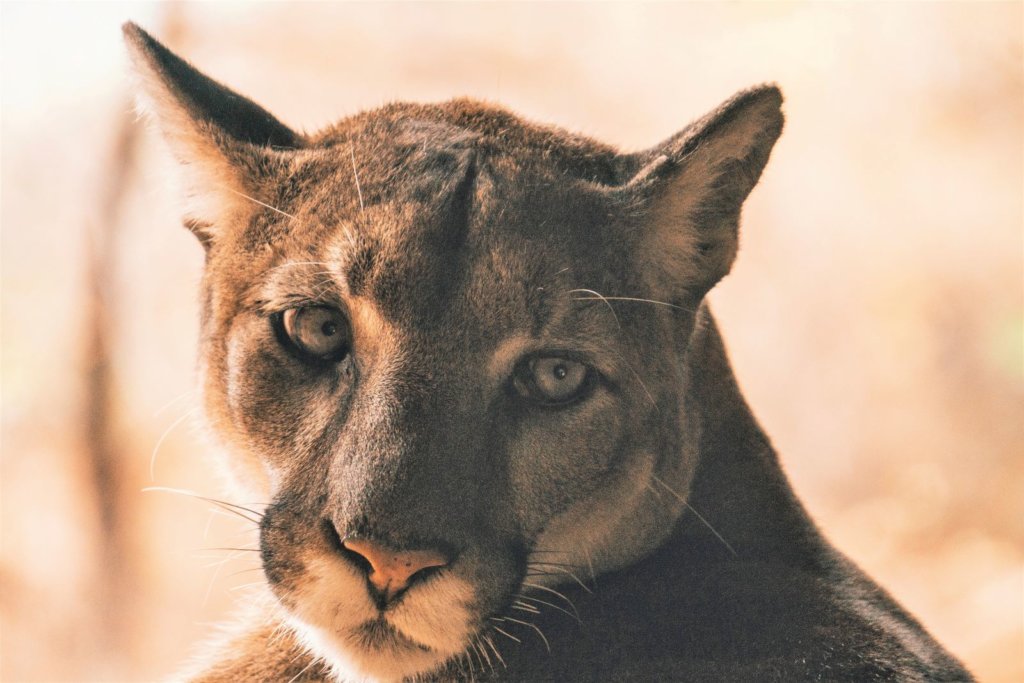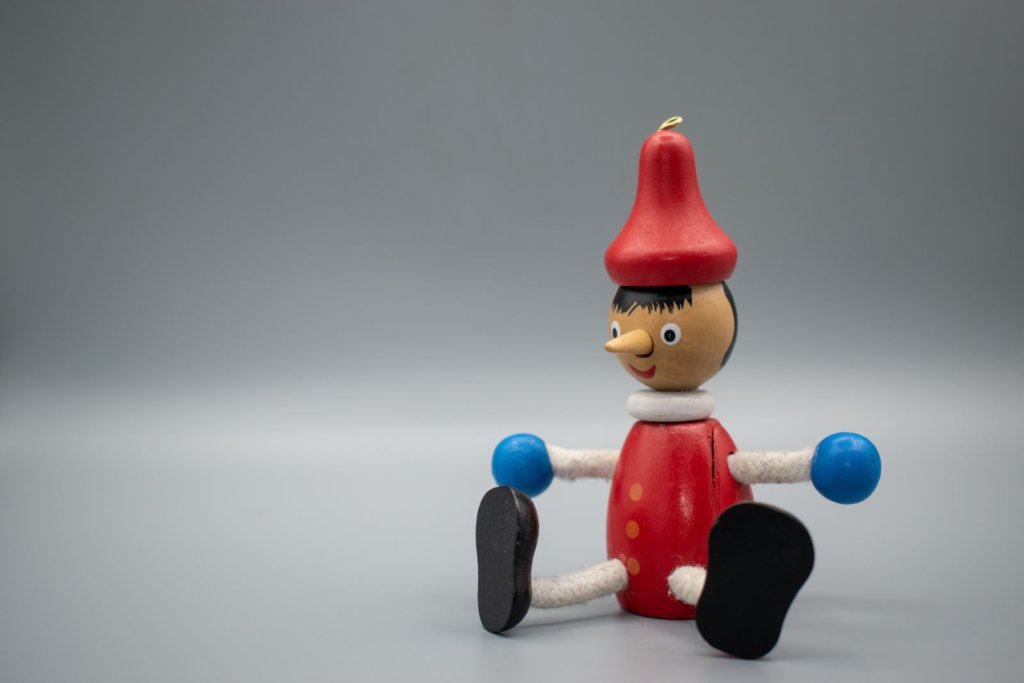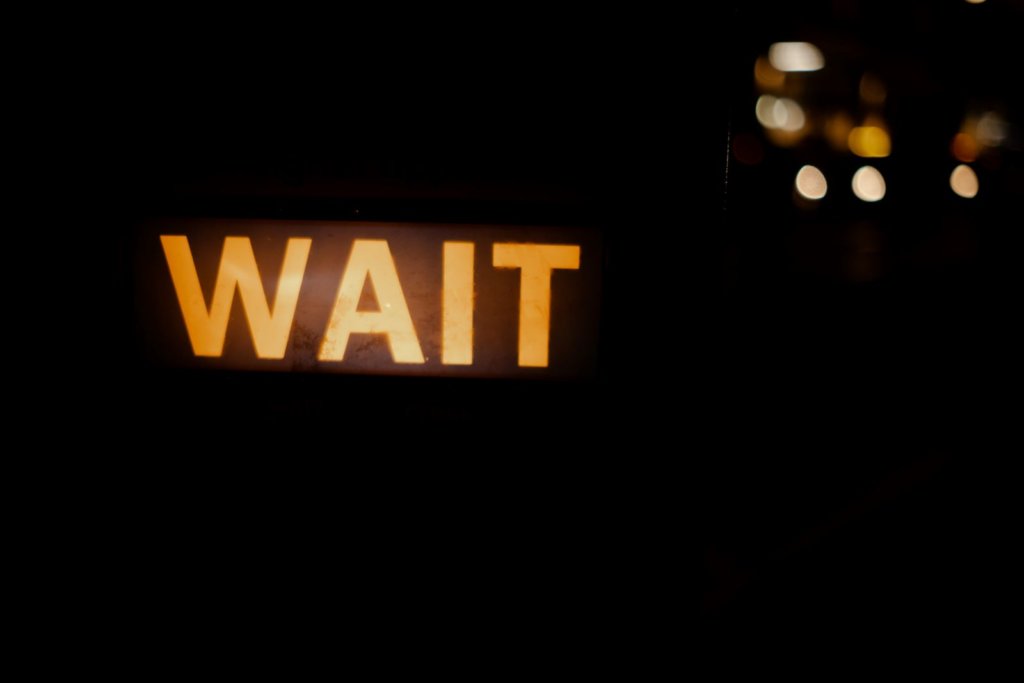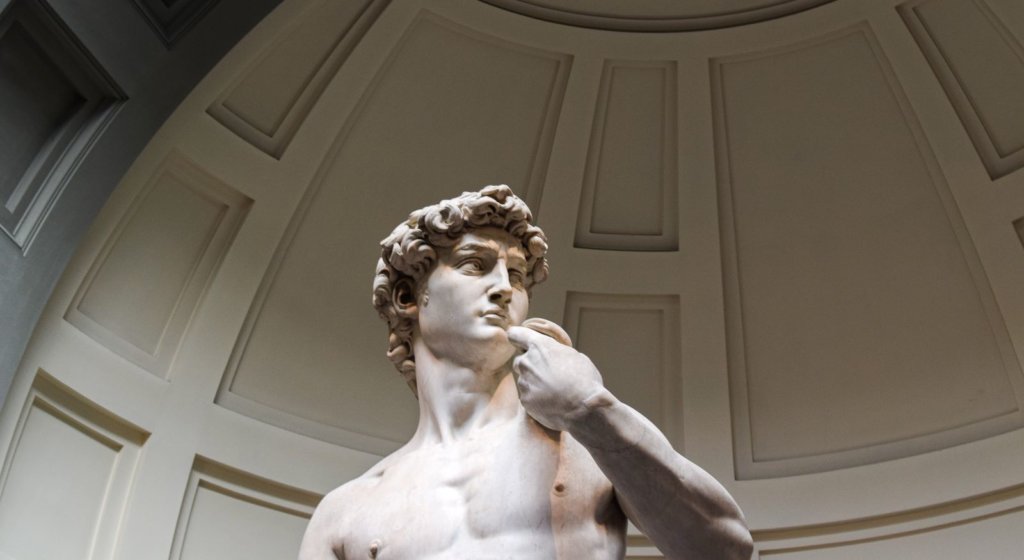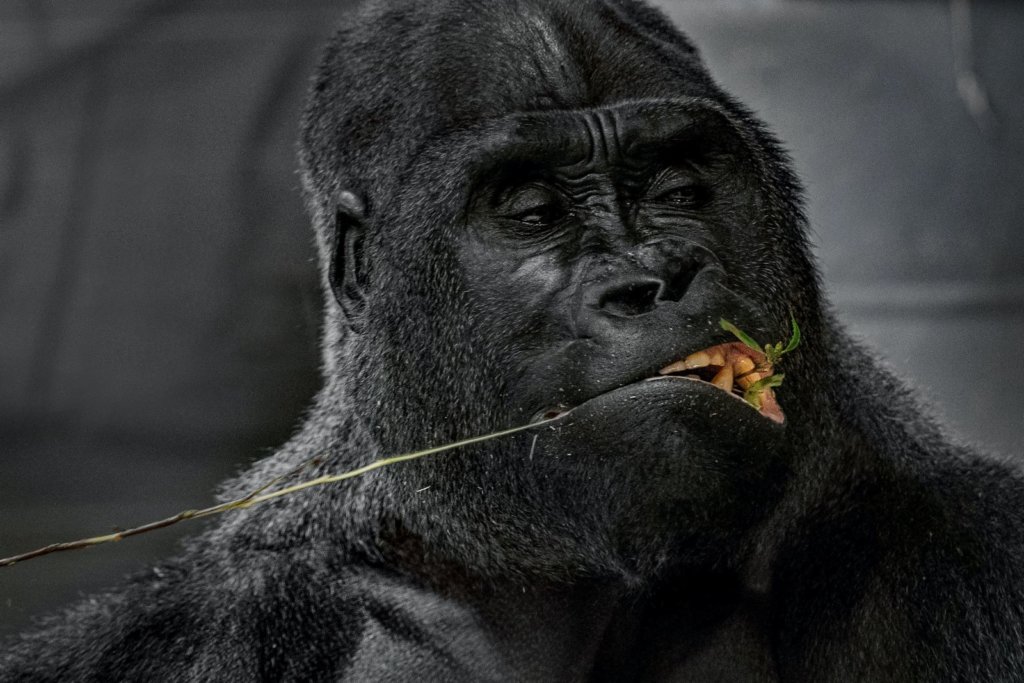For a long time, I’ve strived to make my home a sanctuary. I want it to be a safe place, free from chaos and aggravation. In my ideal world, you wouldn’t hear a jackhammer, music from a neighbor, car alarms, or any of the other issues that go along with high-density living. Many years ago, I was on the quest for the perfect sanctuary space. I moved on average every three months for three years. In some places, I stayed longer, but in others, I stayed shorter.
I moved to the middle of nowhere Missouri in an attempt to find my safe refuge and even there, a sanctuary couldn’t be found. I heard a train whistle piercing the air regularly. Even in the remote countryside, I was irritated by sounds. Not only that, I worried about snakes, ticks, and wild animals. You would think after searching for so long I would give up the idea that I could ever find a “perfect” place, but I didn’t.
When I moved to my current apartment, it felt like a gift from God. I was living in a quiet place where I didn’t need a car and next door to a friend to boot. For a long time, my apartment was at the top of my gratitude list. That’s not the case anymore. I don’t dread being home, but I don’t love it either. The past month especially has been rough because I’ve contended with construction next door, the sounds of a baby crying, weed wafting through the air, and much more.
In other words, home does not feel like a sanctuary. Will I move? My mind is spinning contemplating various possibilities but I haven’t settled on anything. More will be revealed on that one, but what I’m coming to realize is I’ve been trying to control and manage external circumstances to create an internal feeling.
I want everything on the outside to be fine and dandy to feel fine and dandy on the inside. But that’s like telling the ocean to stop ebbing and flowing. In life, nothing is ever perfect. Even if I lived somewhere remote and away from people, I’d have to contend with other problems like wildlife or lack of community. Instead of seeking an external sanctuary, I’m starting to ask the question, “How do I create a sanctuary on the inside?”
I already have a meditation practice, but I’m not taking the time to visualize a beautiful place free from disturbances. I’m not giving my nervous system the chance to learn what that feels like. The brain doesn’t know the difference between imagination and reality, which is why everyone and their mother talks about the power of visualization. I guess what I’m saying is perhaps it’s time to seek a sanctuary within my own mind and body.
My spiritual teacher says, “If one has to take refuge in any entity, or has to contemplate any entity, one should take refuge in or think about only the Supreme One because whenever the mind broods on a second entity, it will become one with the latter; that is, if the mind constantly reflects on physicality, one’s whole psycho-spiritual existence will become physical.” He also says, “An individual always seeks out a safe refuge, but no refuge can give lasting shelter. Only Cosmic Consciousness is the Supreme Refuge.”
I want lasting shelter. I want a place I can go to anytime and not contend with reality. That place exists, within my mind, and now it’s up to me to visit.
I dream of a world where we understand sanctuaries exist both internally and externally. A world where we remember if we can’t find what we want in the outside world, we can certainly find it in the inside one. A world where we realize true refuge comes from aligning ourselves with divinity.
Another world is not only possible, it’s probable.

